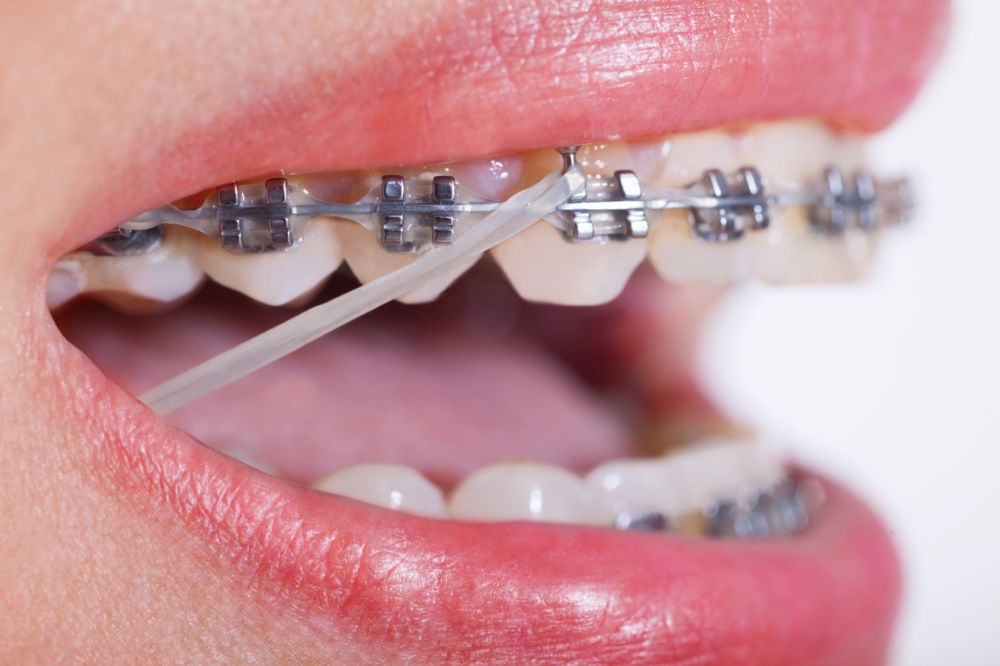You may have noticed someone with rubber bands in their mouth as they’re undergoing orthodontic treatment. Since everyone’s situation is a bit unique, not everyone needs to have rubber bands. That’s why you may see one person with them and one without. So, how important are rubber bands when you have braces? As it turns out, they play a vital role in a patient’s treatment process. Here’s what you need to know about rubber bands and braces.
Types of Rubber Bands
There are two main types of rubber bands when you have braces: those that hold the wires in place on the brackets and those used in between the top and bottom jaws. The first type is the most common. These are the little elastics that can personalized with different color combinations when patients are at their orthodontist’s office for their appointments. These elastics come in virtually any color and are a fun way to express yourself.
The next type of rubber band can be seen on patients who are correcting issues, such as:
- Overbites
- Underbites
- Crossbites
These patients need a little extra help in guiding their teeth and jaws into the proper positioning within the mouth. Here’s how this type of treatment works.
Wearing Rubber Bands
Rubber bands help to fix bite issues by adjusting the way your teeth fit together within the jaws. For patients who wear rubber bands, the bands need to be worn approximately 20-22 hours each day, including while sleeping. They should only be taken out when eating or brushing and flossing. They need to be changed at least three times daily so that they don’t lose their elasticity. If you’re wearing old bands, you risk them not doing a proper job in guiding your teeth properly. It’s a good idea to change them out after breakfast, lunch, and dinner, and before bedtime.
What to Expect When Wearing Rubber Bands
You may feel slight discomfort when you first being wearing rubber bands. This can be alleviated by over-the-counter pain relievers and eating soft foods. Generally, once you have been wearing your rubber bands for several days, this discomfort will subside. Another factor to take into consideration is treatment time. Depending on your issue, it may take a bit of time to correct your bite. That’s why full cooperation with wearing and maintaining your rubber bands is essential to your success.
What Do Rubber Bands Do In Braces?
Having braces takes a bit of patience and care, but wearing rubber bands will help you to achieve a proper bite, which will help alleviate problems later. Be sure to wear your rubber bands for the recommended amount of time each day, change them out accordingly and ask questions if you’re unsure about anything in your treatment plan. Remember, your orthodontist is there for you!
Get started with the friendly professionals at Charleston Orthodontic Specialists! We’re looking forward to helping you achieve a winning smile. Call (843) 4-BRACES today!
